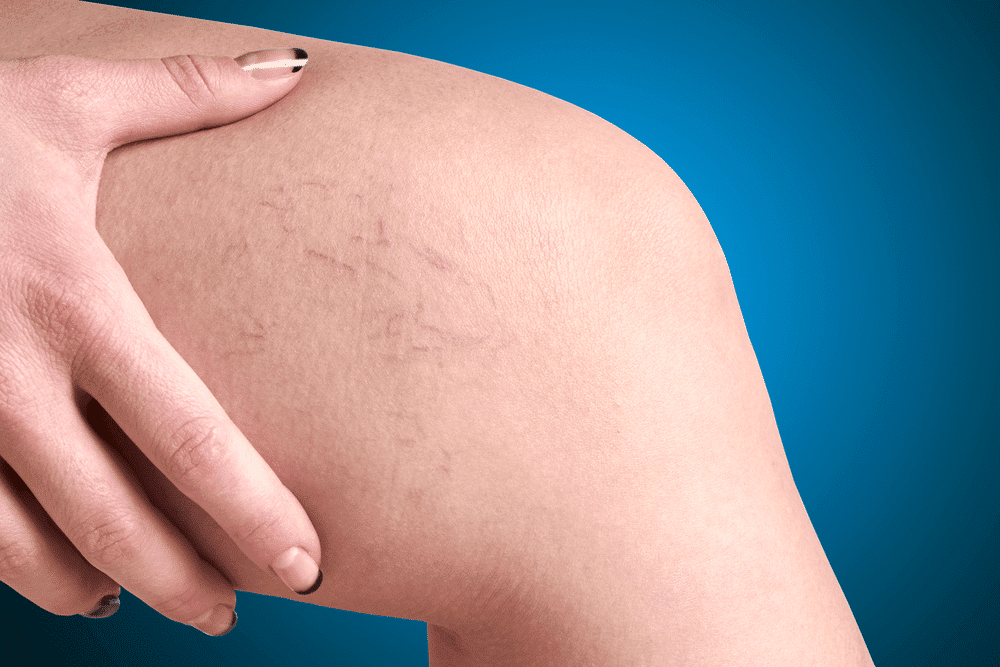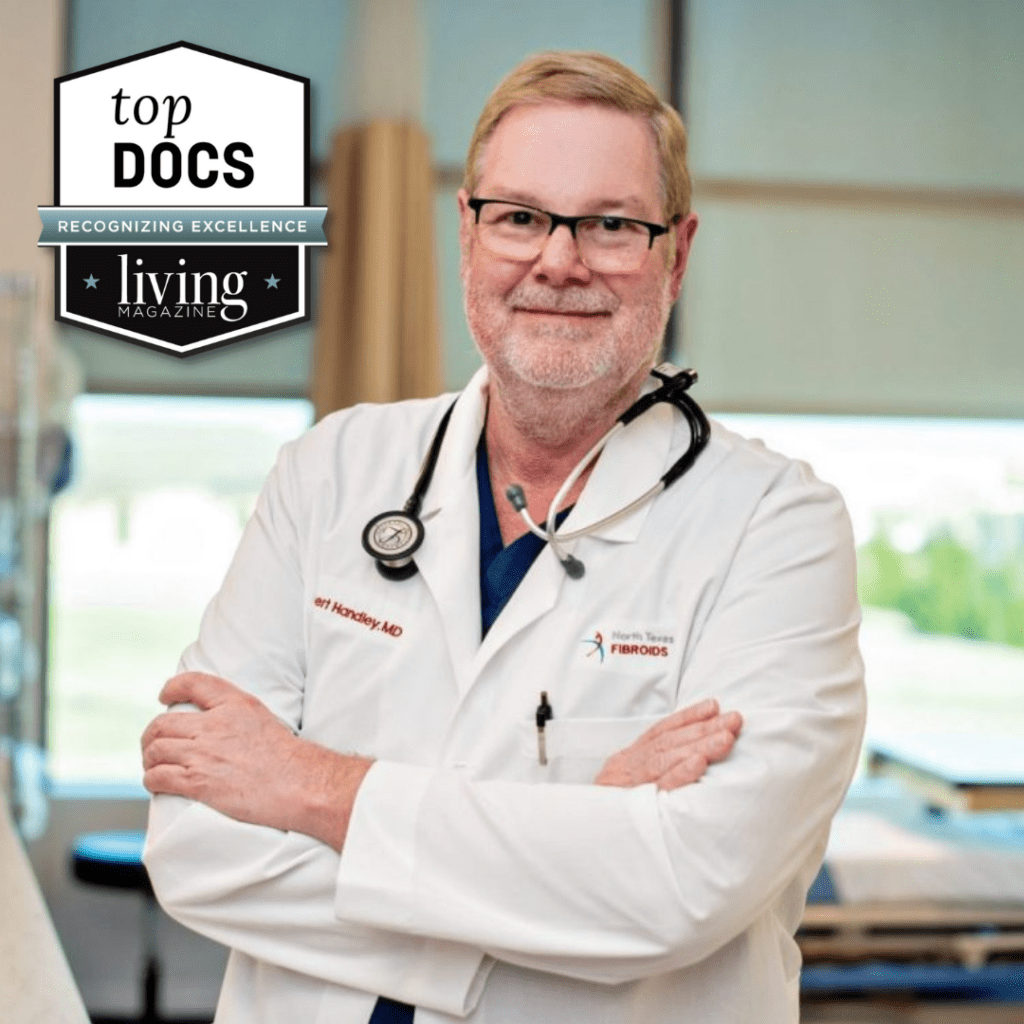Varicose veins are very common in the US, and more than 40 million people are currently experiencing this problem. The affected veins, which are usually located on the legs, look swollen and blue or dark purple. While many people are worried about the cosmetic aspect of their varicosities, others experience significant pain as a result of the condition. Here at North Texas Vein & Vascular in Flower Mound, TX, we can treat you with radio frequency ablation.
There are various ways of addressing varicose veins, but ablation is one of the easiest and least invasive. Because no surgery is involved, patients don’t have to stay overnight in a hospital or spend weeks recovering. The treatment is available to almost anyone who suffers from varicosities, even people who can’t participate in elective surgery. Let’s have a closer look at who can benefit the most from ablation.
Who Can Benefit from Radio Frequency Ablation?
In the past, people with varicose veins had to live with their condition, or they had to undergo dangerous and invasive surgical procedures. Thankfully, there have been significant advances in medicine, and we can now treat most varicosities without having to make incisions in your skin. During ablation, the radiofrequency waves heat up your veins, causing them to close and be absorbed by the body.
If you’re worried about the way your legs look and feel, you shouldn’t delay speaking to the specialists at your local vein clinic. They will evaluate your condition and let you know whether you can participate in ablation. Since it doesn’t involve general anesthesia and surgery, it’s likely that you will be a good candidate, even if you have minor underlying health issues.
You Are Worried About Your Varicose Veins
Varicose veins are extremely common, and they occur when the small valves inside your veins no longer function properly. Although there is a genetic component, almost anyone can experience varicosities. Patients who are especially susceptible include women, people who are overweight, and those whose job involves a lot of standing every day.
Varicosities aren’t usually dangerous to your health, but they can be very disruptive to your routine, and they can affect the way you feel about your body. You might worry about the look of your legs, especially if the veins are very visible. If you come to see us because you’re concerned about your varicosities, you’re likely to be a good candidate for ablation. We can help you permanently get rid of the problematic veins.
You Have Painful Symptoms
Although a cosmetic concern is the most common symptom of varicose veins, some of our patients experience significant pain as a result of their condition. As the varicosities progress, you might start to notice discomfort or heaviness of your legs, sore and irritated skin over your varicose veins, or even leg ulcers. It’s especially important to have the problem addressed if you have trouble sleeping at night because of your pain.
While varicosities aren’t usually dangerous to your health, they can be an indication of a bigger circulatory problem. In the worst cases, they can contribute to the formation of a blood clot, which can endanger your life. To rule out this risk, it’s best to speak to your local vein specialist, who can suggest treatment if they believe that you are in danger.
You’d Like a Minimally Invasive Treatment
Radio frequency ablation is performed without large incisions. The veins that need to be removed aren’t extracted from your body, as they would be during surgery, but they are targeted by the radiofrequency rays, which are delivered into your leg. Since the heat from the radio waves removes the faulty veins’ ability to function, the body will destroy them over time.
Because the process isn’t invasive, patients who have medical conditions that preclude them from taking part in elective surgery can still benefit from ablation. What’s more, the treatment is ideal for those who don’t want to risk undergoing an operation or those who can’t take several weeks off work to recover from surgery. Most people can return to their job just days after ablation, which makes it much more accessible to people who have a full-time job.
You Don’t Have a Contraindication
While the majority of people with varicose veins are eligible for ablation, there are certain conditions that preclude patients from taking part. If you’re currently pregnant or breastfeeding, we will ask you to wait until your child is older. Although it’s unlikely that radiofrequency waves will damage you or your baby, it’s better to be safe than sorry.
Similarly, people with serious medical conditions or active infections at the treatment site are unlikely to be good candidates. However, patients who aren’t currently able to take part should still speak to their vein specialists. They might be able to take part in ablation at a later date, or there could be an alternative treatment that is a better fit.
How Does Ablation Work?
Now you understand who might be a great candidate for vein ablation, you might wonder how this method actually works. When we apply radiofrequency waves to your varicose veins, this heats them up and causes them to close and lose their function. Over several weeks or months, your body then breaks down the faulty veins and absorbs them.
Patients are sometimes worried because removing their varicosities reduces the pathways their blood can take. While this is true, it isn’t an issue for your body because there are plenty of veins, so your blood will simply find another way to circulate. Since the varicose vein wasn’t fully functional anyway, you won’t experience any negative effects from its removal.
Your Session
The session at our clinic will take approximately 45 to 60 minutes. First, your doctor will check your legs with an ultrasound machine to determine the best insertion point for the catheter containing the radiofrequency energy. Then, the treatment area will be numbed, so you won’t feel any pain. Your specialist will make a very small incision and begin inserting the device in the relevant vein.
Once the catheter is in the correct place, it is slowly drawn back out while the radiofrequency waves are released. Because of the heat, the vein will close up behind it. If you only have one varicose vein that needs to be removed, you might not need to come back, but if you have several or your varicosity is very big, we are likely to book you in for more than one appointment.
Preparing for Treatment
There isn’t much you have to do before your radio frequency ablation session. However, you should let your specialist know about any medicines or supplements you take. You might need to pause them if they prevent your blood from clotting.
At your initial consultation, we will give you instructions about when to eat and drink before your treatment, which you will need to follow carefully. Many people also like to bring a friend or family member to the appointment, who can drive them home.
Recovery and Results
In total, you will spend around one to three hours at your clinic. After that, you can recover in your own home. Your providers will give you instructions about how to keep the catheter insertion site clean, what compression stockings to wear, and which medications you will need to take. You should take several gentle walks every day and elevate your legs to speed up the recovery process.
Fortunately, the results from ablation are considered permanent, since the vein is absorbed by your body. It won’t be able to regrow, so you shouldn’t experience any more symptoms. Occasionally, new varicosities can become apparent over time, which might also require removal. After your initial examination, your doctor can tell you what results you can expect and whether you’ll need several sessions.
Get Rid of Varicose and Spider Veins Today
Varicose and spider veins can be very distressing because they make your legs swell up. What’s more, many people suffering from varicosities experience pain, cramping, and dry or itchy skin. To prevent your condition from getting worse, you should speak to your local vein clinic and find out whether there is a way of permanently addressing your varicose veins.
For most patients, radio frequency ablation is a great option because it is minimally invasive and doesn’t require a lengthy recovery. What’s more, it is safe and effective, permanently removing the affected veins from your body. The best way to find out if you’re a good candidate is to book an initial appointment and speak to an expert provider. Call us now at North Texas Vein & Vascular in Flower Mound, TX to find out more.

